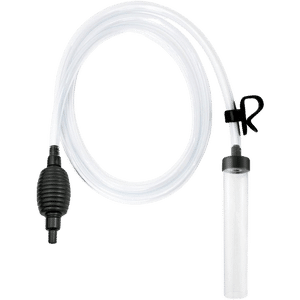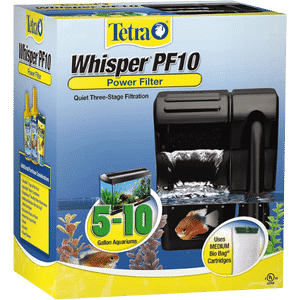Betta Fish Poop Health Secrets
Betta Fish Poop, An Indicator of Health and Well-being. When it comes to caring for our betta fish, many of us focus on feeding, tank conditions, and the overall appearance of the fish. However, a frequently overlooked yet crucial aspect is monitoring the betta fish poop.
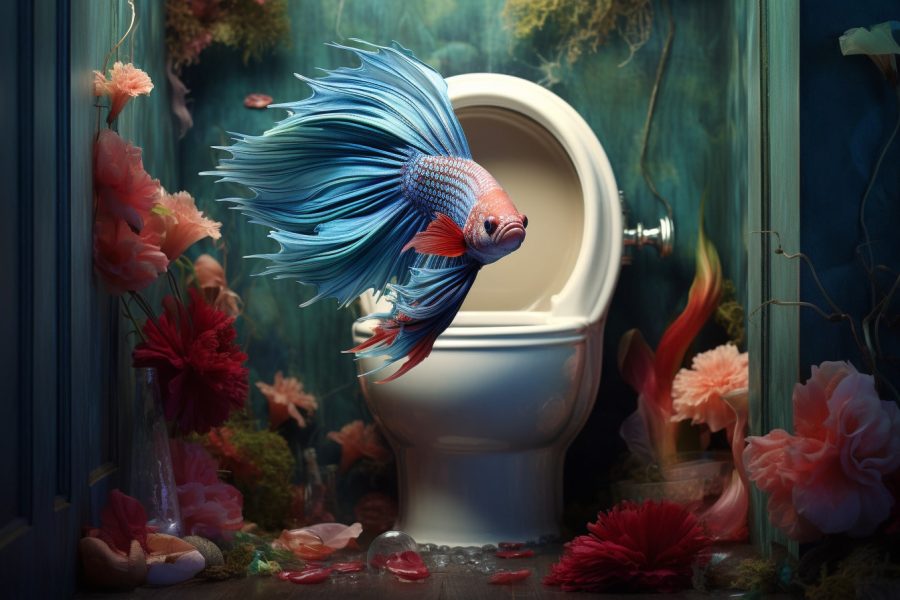
The excrement of your betta serves as a direct reflection of their health and dietary habits. Just as in humans, irregularities in fecal matter can be early warning signs of underlying health issues or digestive problems.
In this article, we’ll delve deep into understanding the norms of betta fish excrement, pinpoint potential abnormalities, and provide insights on how to address any poop-related concerns. By keeping an eye on this often-overlooked aspect, you’ll be taking an essential step in ensuring your betta’s optimal health and longevity.

Table of Contents 🦑
A Quick Heads-Up… If you come across links on this page that take you to products on Amazon Associate or other partner stores, they’re affiliate links. This means if you decide to make a purchase, BettaReef earns a commission, but at no extra cost to you.

A Normal Betta Fish Poop
Observing and understanding what constitutes “normal” for your betta fish’s poop can save a lot of stress and guesswork in the long run. This baseline knowledge enables you to quickly spot any changes that might indicate health issues. Let’s explore the typical characteristics of healthy betta fish excrement.
Color and Consistency

Typical Colors: A healthy betta’s poop often mirrors the color of the food they consume. Generally, you might observe shades of brown or dark green, especially if their diet consists of pellets or natural green foods.
Consistency: Expect the poop to be solid, segmented, and not too watery. A well-formed fecal matter suggests that your betta is digesting its food effectively.
Frequency and Quantity
Defecation Frequency: On average, a betta fish should pass waste once every day or two. This can vary based on the individual fish and its diet.
Quantity: While it’s challenging to quantify the exact amount, regular feeding schedules and portion control ensure that your betta isn’t overeating, which could lead to excessive waste production.
Location in the Tank
Where You’ll Find It: Betta fish poop tends to sink and can often be found at the bottom of the tank or occasionally sticking to plants or decorations. Regular substrate cleaning can help in keeping the tank clean.
Settling Patterns: The location of the poop can also be influenced by water currents within the tank. A still environment will usually result in poop collecting directly below where the betta defecates, whereas currents might move it around.
Understanding these norms will act as a foundational guide. It’s essential to remember that while these are general observations, each betta fish is unique. Observing your fish regularly and noting any changes is key.

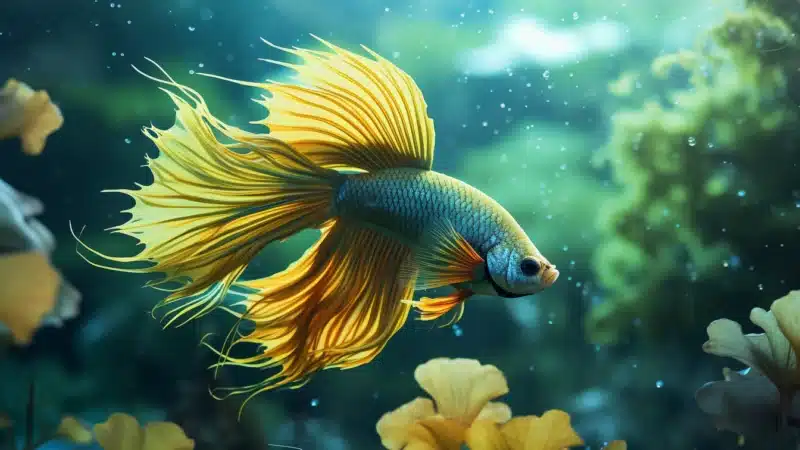
Unusual Betta Fish Poop and Concerns
While a good understanding of what’s considered “normal” for betta fish poop is vital, it’s equally important to recognize and act upon any abnormalities. These deviations can be early indicators of health issues or may highlight the need for adjustments in their care.
Floating or Sinking Betta Poop
Differences Between the Two: While betta fish poop typically sinks, occasional floating feces isn’t necessarily alarming. However, if this becomes a regular occurrence, it might indicate issues related to buoyancy or digestive problems.
Possible Causes: A diet too rich in fats, for instance, might lead to floating poop. On the other hand, if the feces sinks rapidly and seems denser than usual, it might suggest overfeeding or a diet too heavy in certain nutrients.
Irregular Frequency or Quantity
Overfeeding or Underfeeding: If your betta is producing more feces than usual, it might be a sign of overfeeding. On the contrary, a sudden decrease in fecal production can suggest underfeeding or digestive blockages.
Other Concerns: Extended periods without any visible excrement, especially if accompanied by a swollen abdomen, could indicate constipation or an impaction. Ensuring a varied and balanced diet, including occasional high-fiber foods, can help prevent such issues.
Spotting these abnormalities early and addressing them promptly can be the difference between a minor hiccup in your betta’s health and a more serious concern. It’s always advisable to consult with professionals when in doubt, to ensure the well-being of your aquatic pet.

Decoding Betta Fish Poop Colors
The color of your betta fish’s poop can act as a diagnostic tool, revealing insights into their health and dietary habits. Here’s a breakdown of various poop colors and what they typically signify:
Brown or Dark Green Betta Fish Poop

Meaning: This is the most common color for betta fish poop and is generally a sign of good health. It usually reflects the natural color of the food they consume.
Action: Continue with your current care routine.
White or Translucent Betta Poop

Meaning: As mentioned earlier, white or clear feces might indicate internal parasites or digestive disturbances. It could also suggest malnutrition or poor-quality food.
Action: Monitor your betta for other symptoms and consider consulting with a fish health professional. Re-evaluate the quality and type of food you’re providing.
Red or Bright betta poop Colors

Meaning: If your betta’s poop appears unusually red or mirrors the color of any brightly colored food they’ve been consuming, it’s likely a direct result of their diet.
Action: If you’ve recently introduced a new food, observe if the color change persists. If the bright color remains consistent without any dietary reason, it might be worth seeking expert advice.
Black or Tar-like betta poop

Meaning: Very dark or tar-like feces can be concerning. It might indicate internal bleeding or ingestion of something harmful.
Action: Revisit your betta’s diet and ensure there’s nothing in the tank they might be ingesting. If the color persists or if your betta exhibits other signs of distress, seek professional guidance.
Yellow or Pale poop

Meaning: Pale poop can be a sign of liver issues or potential problems with bile production. It might also suggest a lack of certain nutrients in their diet.
Action: Re-assess the dietary choices you’re providing for your betta. If a balanced diet doesn’t correct the color, it’s recommended to seek expert input.
Understanding the color code of your betta’s excrement can offer valuable insights. While these colors provide general guidelines, always prioritize the overall behavior and health of your betta. Any abrupt changes in their demeanor or appearance, coupled with changes in poop color, should be addressed promptly.


Betta Fish Poop: Shapes, Consistency, and When to Worry
Betta fish poop can vary in shape and consistency based on numerous factors. Much like color, the shape and texture of their excrement can provide essential insights into their overall health and dietary habits. Let’s break down the common variations and decipher their meanings:
Pellet-like and Firm betta poop
Description: Resembles the size and shape of the food they consume, appearing in tiny, well-formed pellets.
Interpretation: Generally, this indicates a healthy digestion process. The betta is consuming and processing its food correctly.
Action: Stay chill. Continue with your current care and feeding routine.
Stringy or Worm-like betta poop
Description: Extended, thin, and thread-like excrement.
Interpretation: This can sometimes be a sign of internal parasites, especially if the poop is white or translucent. However, an occasional stringy poop without any other symptoms might not be a cause for concern.
Action: Pay attention. If stringy poop is consistent and coupled with other signs like weight loss or lethargy, it might be time to consider anti-parasitic treatments.
Loose or Fragmented poop
Description: Poop appears fragmented, not well-formed, or loose.
Interpretation: Could indicate overfeeding, dietary imbalances, or a reaction to a new type of food.
Action: Monitor the situation. Adjust feeding amounts or revisit the type of food being given. If the situation doesn’t improve, consider other potential causes.
Gelatinous or Mucus-covered
Description: The poop has a jelly-like appearance or seems covered in mucus.
Interpretation: A protective mucus layer can sometimes indicate irritation in the digestive tract, possibly due to parasites or infections.
Action: Pay attention. If this appearance persists, consider seeking advice or treatments that address internal issues.
Absent or Invisible
Description: Not observing any poop in the tank for extended periods.
Interpretation: Betta fish don’t defecate as frequently as mammals, so it’s not uncommon to not see poop every day. However, prolonged absence can indicate constipation or other health concerns.
Action: Pay attention. Ensure your betta is eating regularly and observe for any signs of bloating, swim bladder disease or distress. Offering boiled, deshelled peas can sometimes help with constipation.
Consistent observation and understanding of the nuances of your betta’s poop can be a proactive approach to ensuring their health. While minor variations can be standard, drastic changes or consistent anomalies should be addressed promptly to keep your aquatic friend in prime condition.

QUIET & RELIABLE The Tetra Whisper Power Filter uses 3-stage filtration to create clear clean wate

Addressing Betta Fish Poop Problems
Once abnormalities in your betta fish’s poop are identified, taking the right corrective actions becomes imperative. Addressing these issues timely not only ensures the well-being of your betta but can also prevent further complications. Here’s how to tackle some of the common poop-related problems:
Dietary Adjustments
Importance of a Balanced Diet: The food your betta consumes plays a pivotal role in determining the quality and consistency of their excrement. Offering a balanced diet is crucial for their overall health and digestion.
Types of Food to Include or Avoid: Incorporating a variety of high-quality pellets, live or frozen foods like brine shrimp, and occasional plant-based offerings can ensure a balanced intake. However, be wary of low-quality foods or over-reliance on a single type of food, as these can cause digestive imbalances.
Medical Interventions
When to Consider Medications or Treatments: If dietary adjustments don’t bring about the desired change or if you suspect internal parasites, it might be time to consider medical interventions.
Common Treatments: Over-the-counter treatments like anti-parasitic medications can be effective. However, always ensure correct dosages and consult with a fish health professional to determine the best course of action.
Tank Maintenance
Regular Cleaning Routines: Accumulated waste can affect water quality, leading to a myriad of health issues for your betta. Regular siphoning of the substrate, routine water changes, and ensuring efficient filtration can help maintain a clean environment.
Importance of Water Parameters: Keeping an eye on water parameters such as pH, ammonia, nitrite, and nitrate levels can provide insights into the overall health of your tank ecosystem. Any imbalances can stress your betta and impact their digestive processes.
By being proactive and addressing issues head-on, you can ensure that your betta fish leads a healthy, vibrant life. It’s always essential to keep learning and stay updated with the best Betta Fish care practices to provide an optimal environment for your aquatic friend.

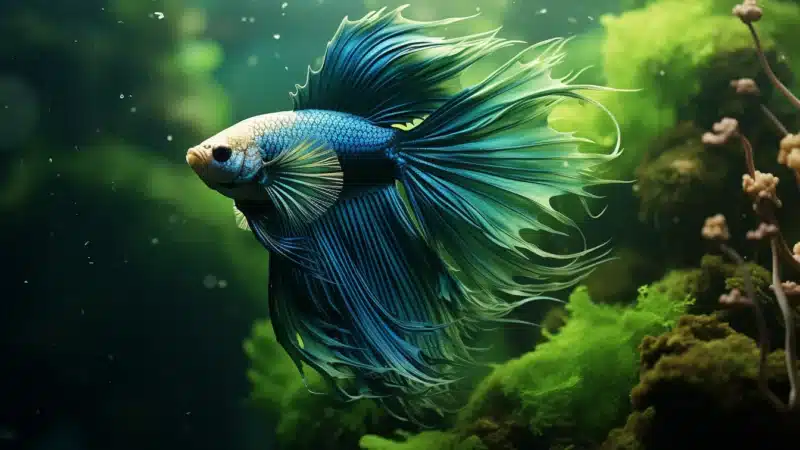
6 Effective Betta Poop Cleaning Techniques
Cleaning betta fish poop is essential for maintaining a healthy environment for your betta. Accumulated waste can lead to increased ammonia levels and other toxic substances in the water, which can be harmful. Here’s a step-by-step guide on how to clean betta fish poop from your tank:
Use a Gravel Vacuum or Siphon
How: Begin by immersing the larger end of the siphon into the tank. Use a pumping motion to start the siphoning process. Once water begins to flow through the tube, move the vacuum end along the substrate, allowing it to pick up debris and waste.
Tips: Ensure you don’t remove more than 25% of the tank’s water during this process. This helps maintain a stable environment for your betta.
Regular Water Changes
How: Along with using a gravel vacuum, regular water changes are vital. Remove about 10-25% of the tank’s water and replace it with dechlorinated or aged water that’s similar in temperature to the tank water.
Tips: Ensure you treat the new water with a water conditioner to neutralize harmful substances like chlorine.
Clean Decorations and Plants
How: Occasionally, feces can attach to plants, decorations, or other tank equipment. Remove these items from the tank and clean them in tank water (not tap water, as this can kill beneficial bacteria). Use a soft brush if necessary.
Tips: Don’t clean all decorations at once. This helps in preserving beneficial bacteria which assist in breaking down waste.
Check and Clean the Filter
How: While the filter captures larger debris and assists in breaking down waste, it can become clogged over time. Check the filter media regularly and rinse it in tank water if it’s dirty.
Tips: Avoid using tap water directly on the filter media, as chlorine can kill the beneficial bacteria present.
Maintain the Right Tank Conditions
Avoid Overfeeding
How: Feed your betta the right quantity and type of food. Overfeeding can lead to excessive waste production.
Tips: Typically, feeding once or twice a day with an amount your betta can consume in a few minutes is recommended. Any uneaten food should also be removed to prevent decay.
Regular maintenance and observation are key. By setting a routine cleaning schedule and being observant of the tank’s conditions, you can ensure your betta fish stays in a clean and healthy environment.

FAQs: The Fun & Fascinating World of Betta Fish Poop!
Q: I haven't seen my bettas poop. Is it using a secret fishy toilet?
A: Betta fish are pretty magical, but they haven’t mastered the art of plumbing! If you’re not seeing poop, it could be getting lost in the tank decorations or gravel, or your betta might be going less frequently. Keep an eye on its overall behavior and health.
Q: Can I use my betta's poop as fertilizer for my plants?
A: Fish waste can indeed be an excellent fertilizer for aquatic plants due to the nitrates it produces. However, directly using tiny bits of betta poop for your houseplants might not be very impactful. It’s the idea that counts, though!
Q: Do betta fish ever get embarrassed about pooping in public?
A: While bettas have loads of personality, they don’t have the same societal norms as we do. So, no, they’re not shy about doing their business. It’s all-natural in the fishy world!
Q: How do I become a betta fish poop expert?
A: You’re on the right track! Reading up, observing your betta, and staying informed is the way to go. Who knows, maybe you’ll be the next big name in the exciting world of betta excrement studies!
In Conclusion
As a betta fish owners, understanding and monitoring the intricacies of “betta fish pooping” isn’t just for the curious mind, it’s essential for every responsible betta owner. The nuances of color, shape, and consistency can reveal a lot about the health and well-being of our finned friends.
“Healthy betta fish poop” is a clear indicator of a balanced diet, proper water conditions, and overall good health.
By keeping an eye on these small details and ensuring our bettas are living in optimal conditions, we not only ensure their happiness but also add a layer of preventive care that can save us from potential issues down the road. Knowledge is power, and in this case, it’s the power to keep our beloved bettas swimming happily for years to come.

Delighted to have you here at BettaReef! This place is a treasure trove of knowledge about Betta fish, Betta Care, Health, Gear, and much more from the wonders of aquatic life. My journey in this fascinating world began when I was just 8, and now, as a seasoned hobbyist, I’m here to help fellow Betta enthusiasts create a thriving Betta environment for a healthy life.
I’m committed to delivering high-quality content, backed by a stringent editorial process. Each product review is based on real-life usage and practical analysis, ensuring that you get insights and advice that truly matter.
Related Blog Posts:
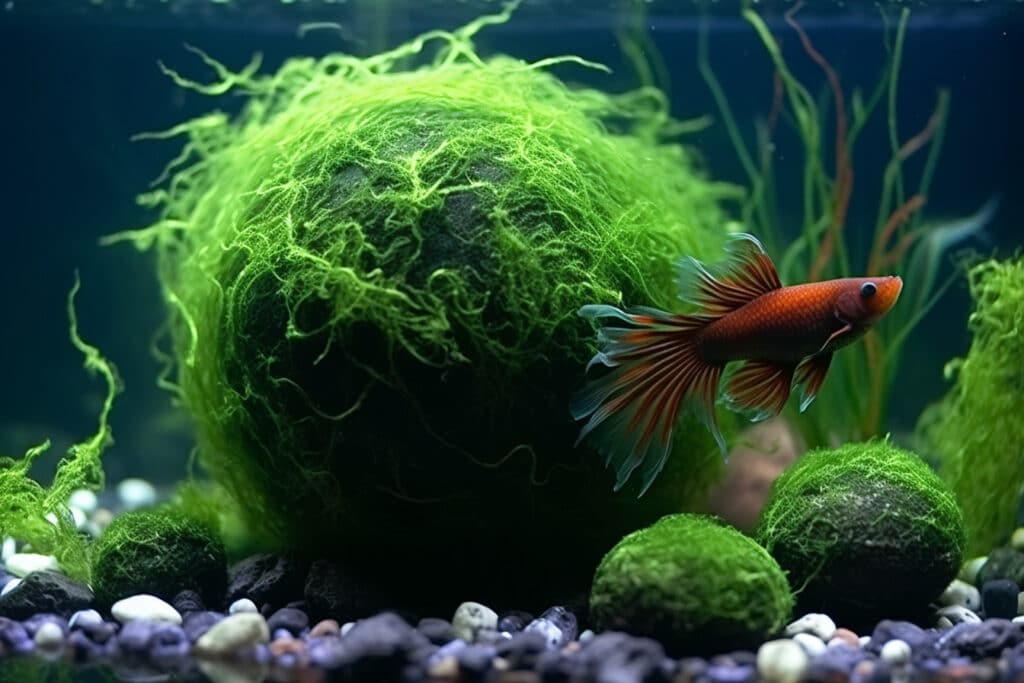
Java Moss for Betta Fish, Is It Good?
Home Java Moss for Betta Fish, Is It Good? Hello, aquatic enthusiasts! Welcome to our
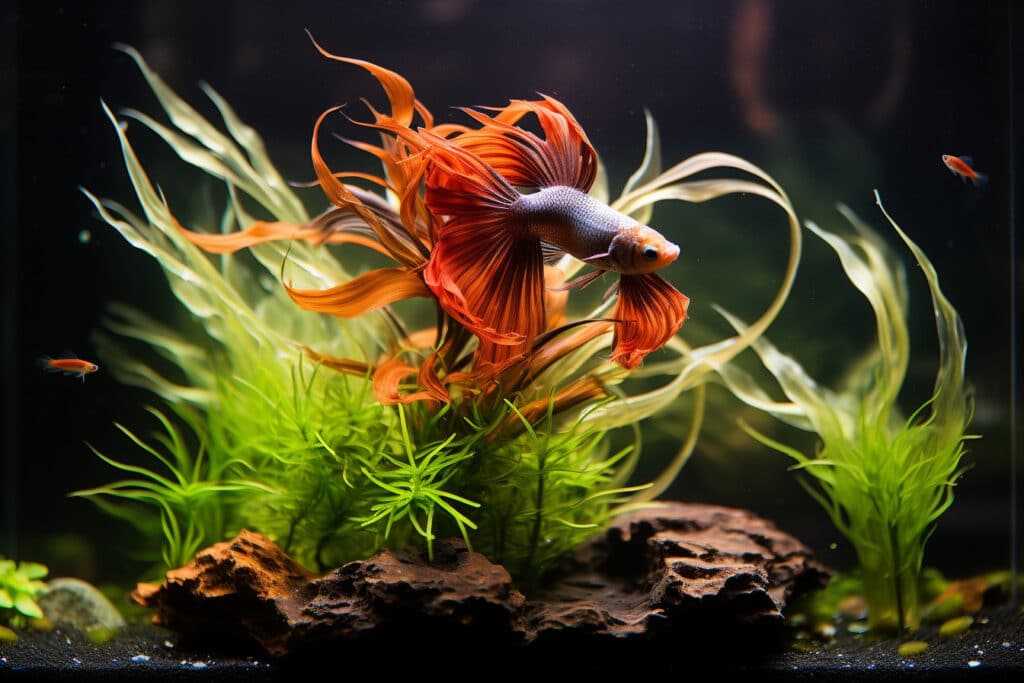
The Best Aquatic Plants For Betta Fish
Home The Best Aquatic Plants For Betta Fish Aquatic Plants for Betta Fish: Uncover the
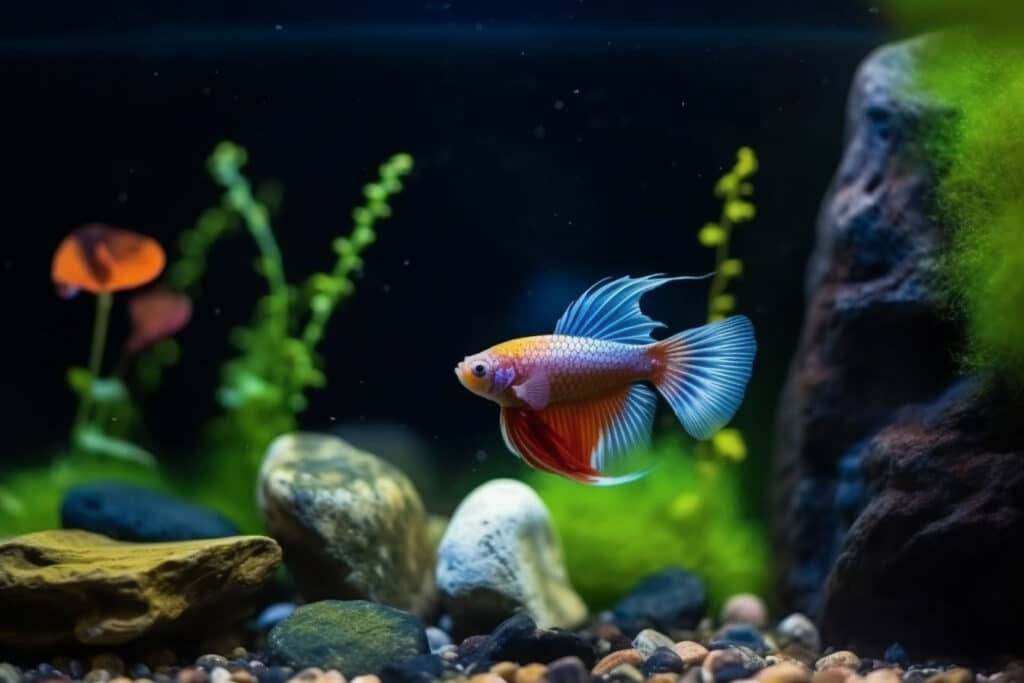
How to Choose Aquarium Rocks for Betta Fish Tanks, The Best Guide.
Aquarium Rocks for Betta Fish Tank Setting up a Betta fish aquarium is more than

